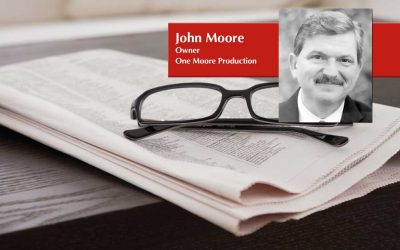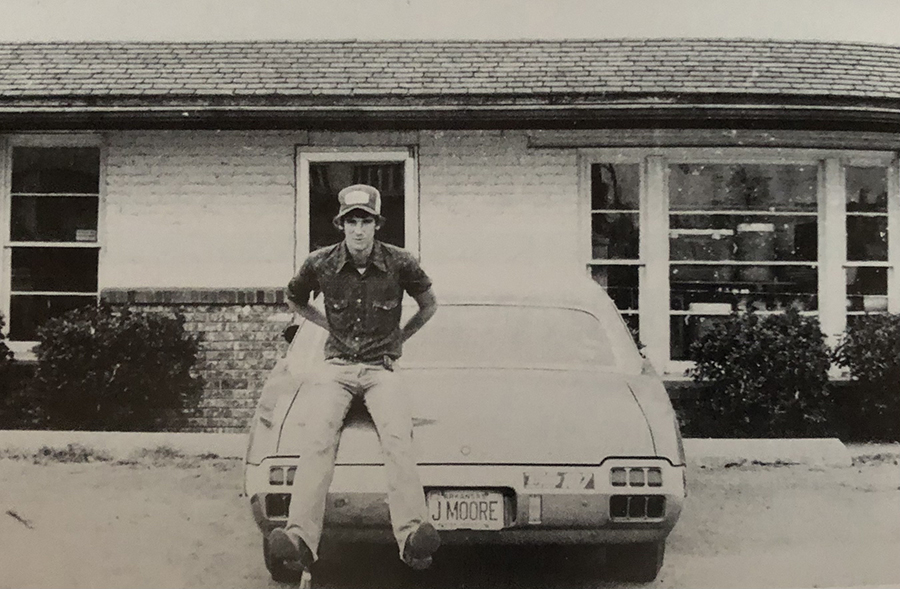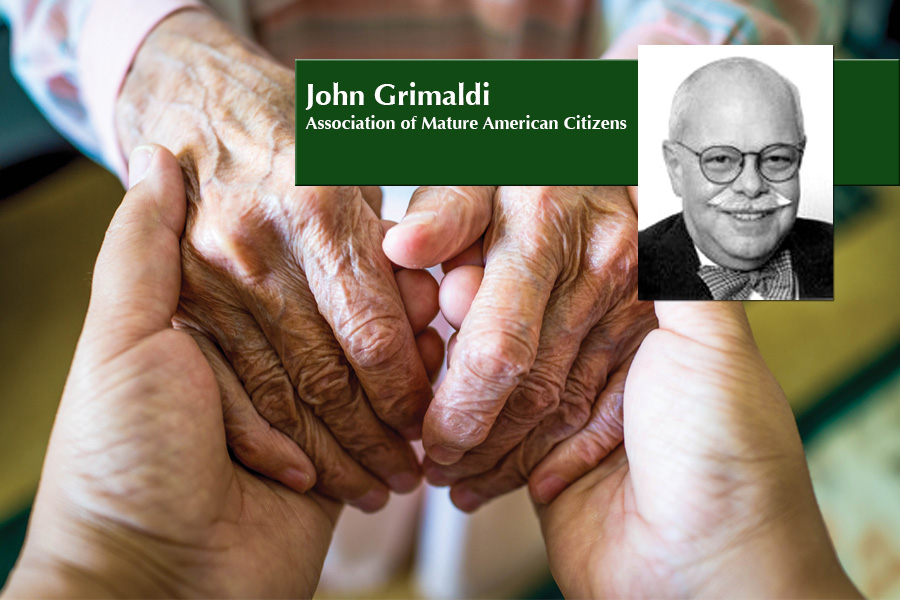By Lee H. Hamilton
I’ve seen a lot over my decades in politics, and not much alarms me. But I have to be blunt: Money is poisoning our political system.
The people who matter most to a representative democracy — the ordinary voters in whose interests elected politicians are supposed to act — feel as though they’ve become an afterthought in the political process. The tidal wave of money washing over our elections, with no end in sight, is causing Americans to lose faith in the system. In that way, the course we’re on threatens the core values and principles that define us as a nation.
Oddly, many politicians see no problem — except perhaps the inconvenient need to spend a significant portion of every day dialing for dollars. They don’t, however, believe this is corrupting. They don’t believe they’re selling their votes, or even that money influences their behavior.
Most Americans believe differently. Poll after poll finds that about half the voters think members of Congress are corrupt. A Democracy Corps poll last summer found clear majorities across the spectrum worried about the impact of Super PAC spending as “wrong” and leading “to our elected officials representing the views of wealthy donors.”
In fact, while it is a rare member of Congress who would change his or her vote because of money, there is ample evidence that where the majority of Americans and a small but wealthy minority disagree, the influence of money on politics tends to outweigh the views of ordinary voters. When donors contribute heavily, they have a disproportionate influence over the legislator; that’s not “corruption,” but it means that opinions of average citizens are diminished and the views of the big donors are amplified when it comes to policy-making.
If it appears that this state of affairs has gotten worse in recent years, it has indeed. A series of Supreme Court decisions over the last half-decade has resulted in Super PACs’ unfettered ability to raise and spend money, and freed individuals from limits on their giving. The result has been not just the surge in campaign spending we’ve seen, but the fact that much of it is “dark” — or beyond the ability of journalists and regulators to discern its sources.
This money purchases attack ads that saturate the airwaves with scant clue as to who is funding them. It buys ads that drown out even the voices of the candidates and the parties themselves. It pushes our politics toward the extremes, emphasizing ideological purity, unremitting partisanship, and a political culture that exalts confrontation over consensus-building. In other words, it cripples representative democracy.
So what can we do? In an ideal world, we’d see a constitutional amendment or a reversal of the Supreme Court’s recent decisions. I’m not holding my breath. For the present, we’ll need to work within the bounds of the court decisions.
The first priority is to find ways of boosting prompt financial disclosure — ways to trace the source of campaign spending on behalf of candidates and incumbents before an election so that voters know who is supporting whom, and can match candidates’ positions on issues with the interests of their financial backers. Disclosure done after elections is meaningless.
Since it appears unlikely that Congress will soon step up to the plate, it may be that regulatory commissions — the FEC, IRS, FCC — will have to move on stricter disclosure definitions and rules. The White House could even consider an executive order requiring full disclosure of political spending by all companies with federal contracts.
The second major reform is to make public funds available for financing campaigns, thus amplifying the contributions of ordinary Americans, freeing candidates to spend more time on substance rather than fundraising, and letting them engage more fully with voters rather than donors. In states that have used it, public money works.
The odds of action are not encouraging. Yet I’m heartened by something Republican Sen. Lindsey Graham told reporters in New Hampshire the other day. “You’re going to have money dumped in this election cycle that’s going to turn off the American people,” he said. “There’s going to be a need and a movement to try to control the money in politics.” Let’s hope he’s right.
Lee Hamilton is Director of the Center on Congress at Indiana University; Distinguished Scholar, IU School of Global and International Studies; and Professor of Practice, IU School of Public and Environmental Affairs. He was a member of the U.S. House of Representatives for 34 years.















0 Comments